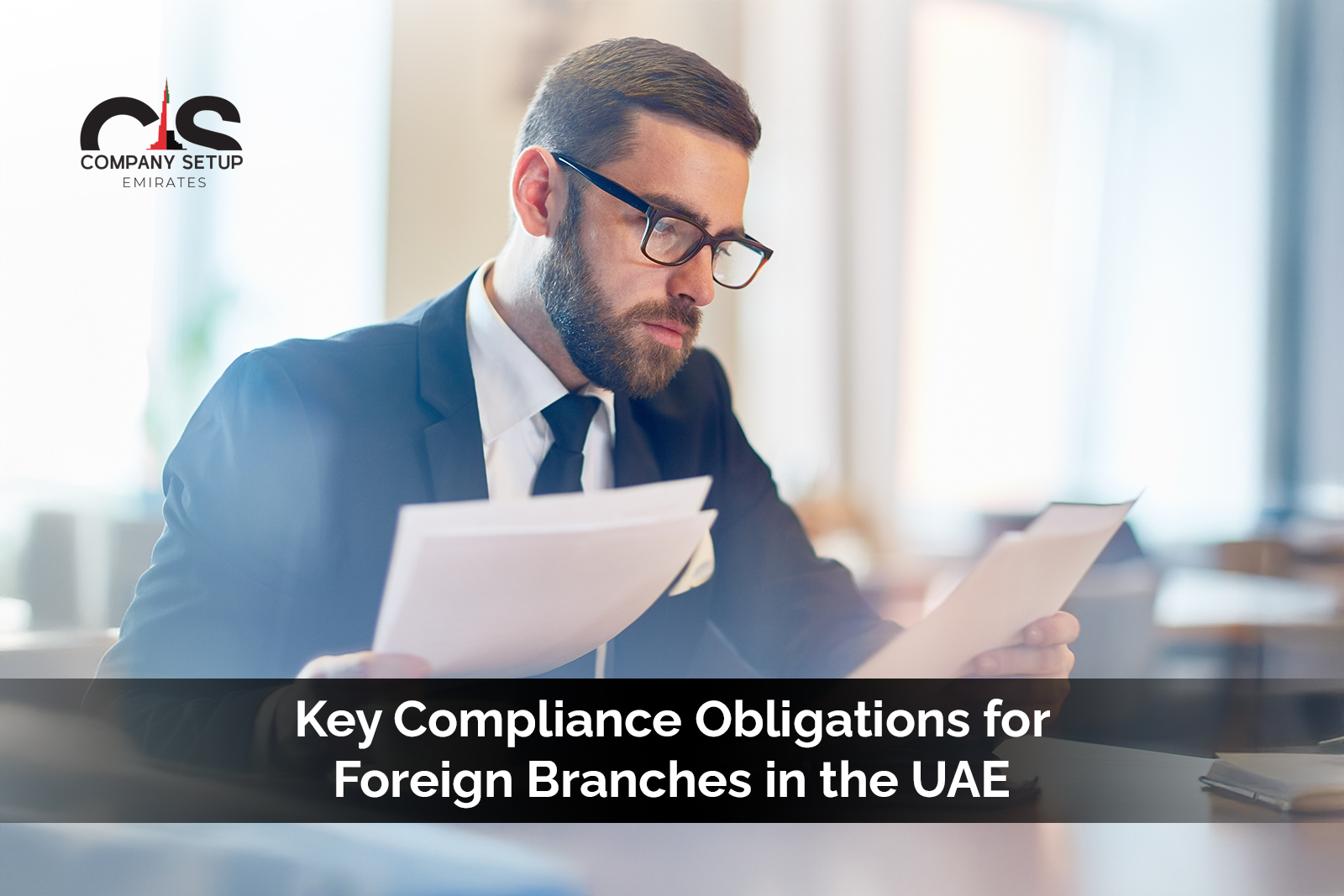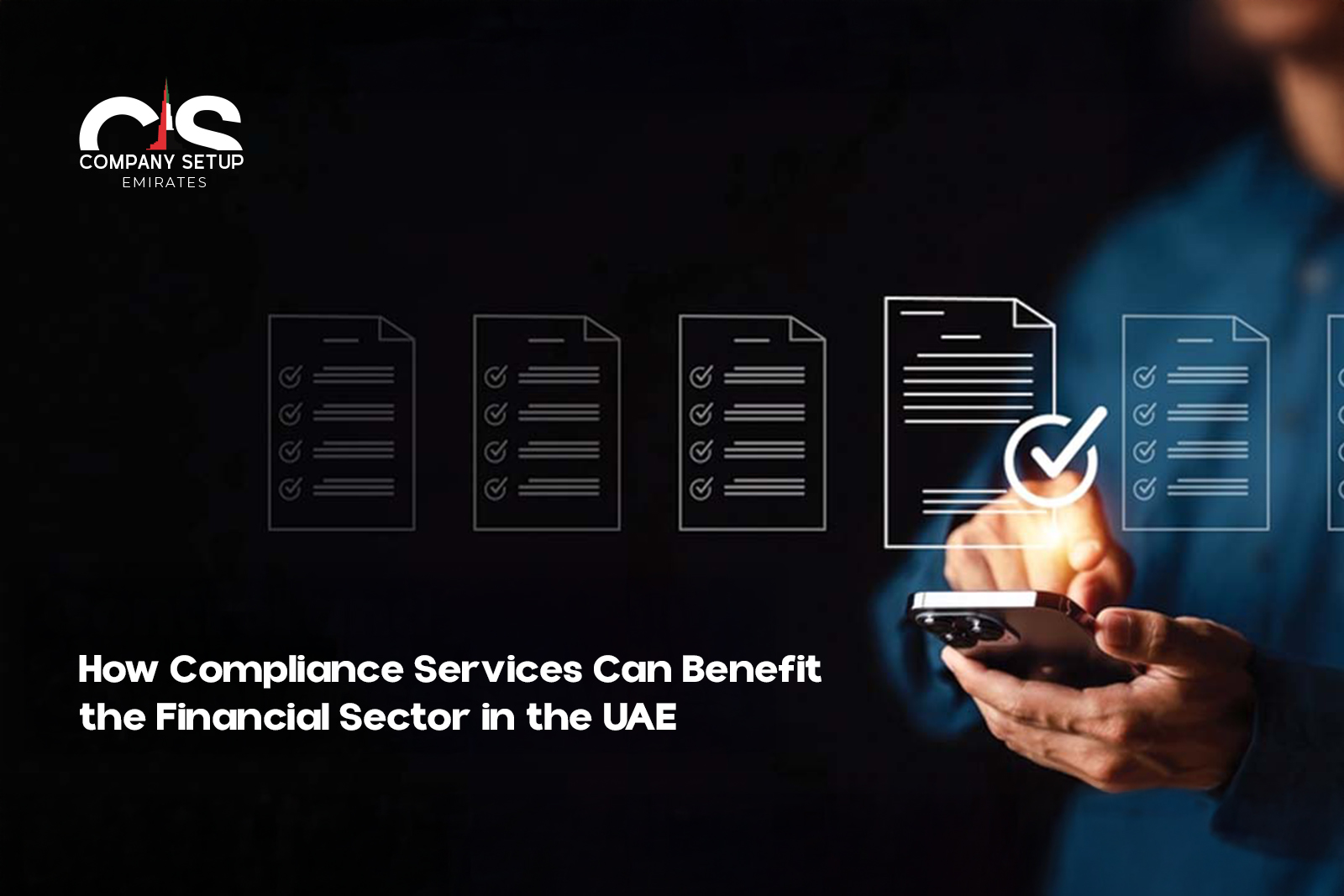Setting up a business in Dubai is a lucrative opportunity, and Dubai, a global hub of trade and commerce, has become one of the most attractive destinations for entrepreneurs and investors worldwide. With its strategic location, world-class infrastructure, and business-friendly policies, set up a business in Dubai offers unparalleled opportunities. However, understanding the costs involved is crucial for anyone planning to embark on this journey

Initial Costs for Setting Up a Business in Dubai
- Business License
A business license is mandatory for operating in Dubai. The type of license—commercial, professional, or industrial—depends on the nature of your business. Costs for licenses typically range from AED 10,000 to AED 50,000 annually, depending on the business activity and jurisdiction.
- Registration Fees
You need to register your business with the Department of Economic Development (DED) or the relevant free zone authority. Registration fees can range from AED 5,000 to AED 30,000, varying based on your business type and location.
- Office Space or Virtual Office
Depending on your business model, you might need physical office space or a virtual office. In free zones, renting an office could cost between AED 15,000 and AED 50,000 annually. For mainland businesses, prices depend on location and size, with prime locations commanding higher rates.
- Visa Costs
Every business in Dubai requires visas for its owners, employees, and dependents. Visa costs include application fees, medical tests, and Emirates ID charges, ranging from AED 3,000 to AED 10,000 per visa.
Recurring Costs
- Renewal Fees
Licenses and registrations require annual renewals. Renewal fees are similar to the initial registration costs and vary by jurisdiction and business type.
- Office Rent
Renting office space is a recurring cost. For businesses in free zones, renewal rates are generally fixed annually. Mainland businesses’ rents might increase slightly, depending on market conditions.
- Utilities and Telecommunication
Utilities, including electricity, water, and internet services, typically add AED 2,000 to AED 5,000 monthly to your expenses, depending on the size of your business and office.
- Employee Salaries
Salaries for employees are a major recurring cost. Dubai’s labor laws mandate minimum wages and other benefits like gratuity and health insurance.
Free Zone vs Mainland Costs
Choosing between a free zone and a mainland setup significantly impacts your costs:
- Free Zones: Ideal for businesses focusing on international markets. Free zones offer 100% foreign ownership, tax benefits, and streamlined processes. However, you cannot conduct business directly within Dubai’s local market without a distributor.
- Costs: AED 15,000 – AED 50,000 for setup.
- Mainland: Suitable for businesses targeting the local market. Mainland companies require a local sponsor for certain activities, which might add sponsorship fees.
- Costs: AED 25,000 – AED 100,000 for setup.
Additional Costs to Consider
- Marketing and Branding
Marketing is essential for your business’s visibility and growth. Costs can range from AED 5,000 to AED 50,000 or more annually, depending on the strategies you adopt.
- Professional Services
Legal and consulting services are often necessary for navigating the regulatory landscape. Professional fees can add AED 5,000 to AED 20,000 annually.
- Insurance
Businesses in Dubai must have appropriate insurance coverage, including health insurance for employees. Insurance costs vary depending on your business activity and workforce size.
- Customs Duties
For businesses involved in import/export, customs duties apply. The standard duty is 5% of the value of goods but may vary for specific items.
Pro Tips for Reducing Costs
1. Choose the Right Jurisdiction: Evaluate whether a free zone or mainland setup aligns with your business goals and budget.
2. Leverage Co-Working Spaces: Start with a shared office or virtual office to save on initial costs.
3. Negotiate with Service Providers: Many providers offer discounts or package deals for startups.
4. Use Digital Marketing: Focus on cost-effective online strategies to promote your business.
5. Plan for Renewal Costs: Budget for annual renewals to avoid financial strain later.
FAQs
1. What is the minimum capital required to start a business in Dubai?
The minimum capital requirement varies depending on the business type and jurisdiction. Many free zones do not mandate a minimum capital deposit.
2. Can I own 100% of my business in Dubai?
Yes, 100% foreign ownership is allowed in free zones and for certain business activities in the mainland.
3. How long does it take to set up a business in Dubai?
The process can take anywhere from a few days to several weeks, depending on the type of business and jurisdiction.
4. Are there tax benefits in Dubai?
Dubai offers significant tax advantages, including 0% corporate tax in free zones and no personal income tax.
5. What are the hidden costs of setting up a business in Dubai?
Hidden costs may include sponsorship fees, initial office setup expenses, and unforeseen legal or consulting fees.
Conclusion
Setting up a business in Dubai is a lucrative opportunity but requires careful planning and budgeting. From license fees to office rentals and employee costs, understanding the financial landscape is essential for success. By selecting the right jurisdiction, managing costs effectively, and leveraging available resources, you can establish a thriving business in one of the world’s most dynamic economies.






